MED64 Multi-Electrode Array Systems
Digitimer represents Alpha MED Science Inc. and their range of multielectrode array (MEA) systems. Developed from the Panasonic MED64 system, Alpha MED now manufacture the most sensitive in vitro MEA systems available for extracellular electrophysiology.
Showing all 7 results
-
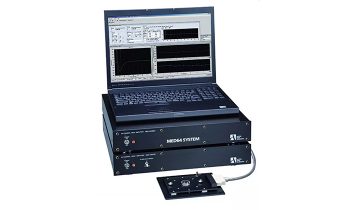
MED64 Basic MEA System
View -
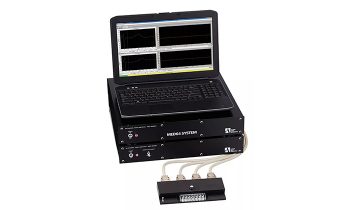
MED64 Allegro MEA System
View -
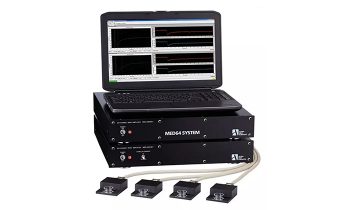
MED64 Quad II MEA System
View -
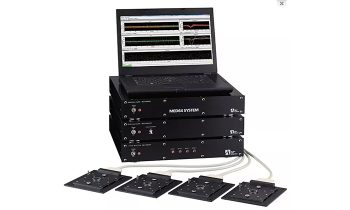
MED64 Plex 4/8 MEA System
View -
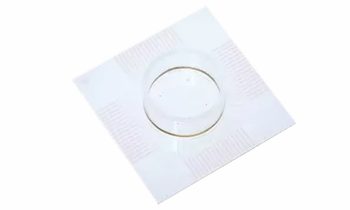
MED64 Probes
View -
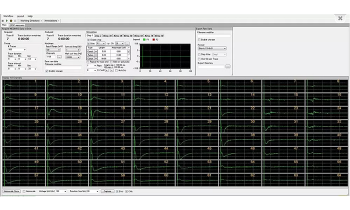
MED64 Mobius Software – Acquisition & Analysis
View -
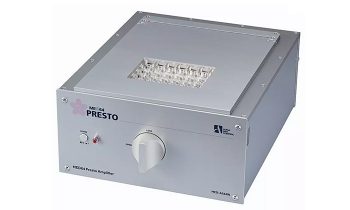
MED64 Presto MEA System
View